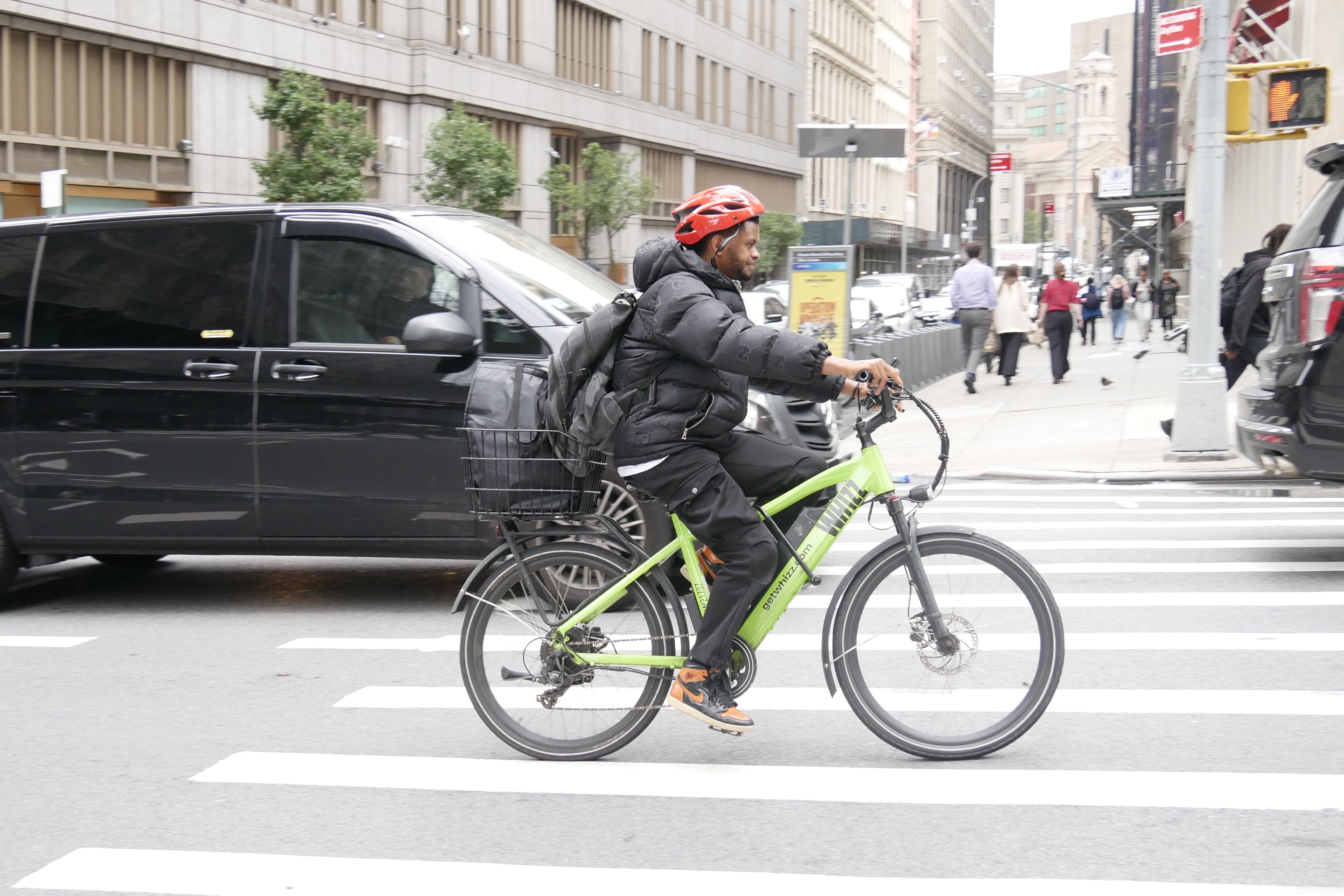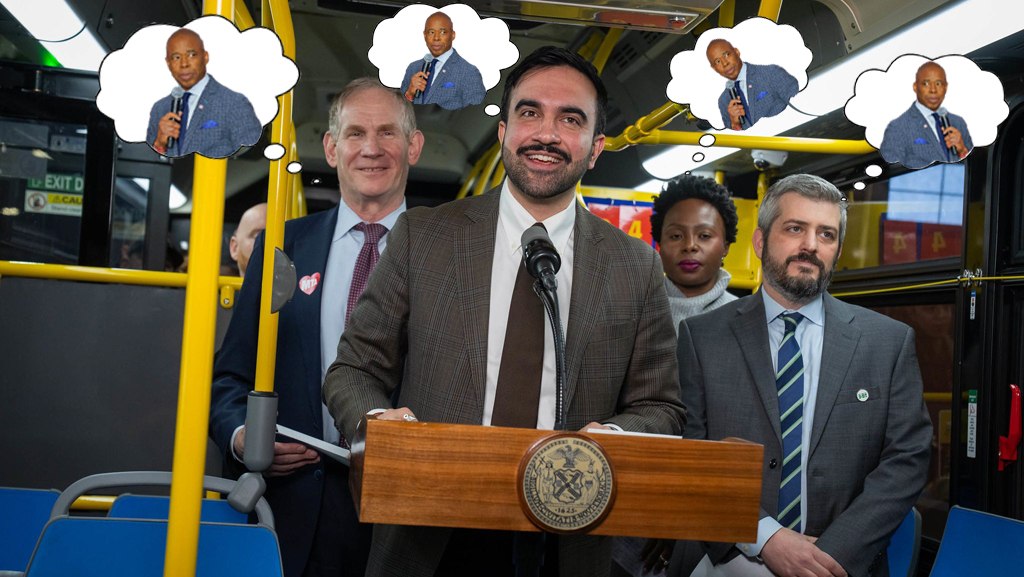America’s roads have suddenly become dangerous places for America’s children. At least, that’s what’s suggested by a flurry of viral stories involving kids and cars.
In May, an inebriated Florida couple made news when they took their granddaughter for a joy ride, pulling her behind their SUV in a toy car. Then came the story of an Indiana dad, arrested after strapping his four children to the car hood to get them home from a quick liquor store stop. Next, it was the stoned Arizona mother who secured her weeks-old baby in its car seat, popped the seat on top of her vehicle, and drove off. The latest item grew out of a snapshot, taken by a Colorado police officer, of a diapered toddler restrained only by a seat belt while his child safety seat, buckled in next to him, cradled a can of gas.
While the nation may be experiencing a statistical rise in stupidity, substance abuse, or child neglect, more likely we’re just enjoying better access, through cable news and social media, to tales of bad parenting, tales we can take perverse pleasure in consuming and sharing. It’s simple and satisfying to stand in judgment of these “horrible parents” whose choices were so obviously wrong. Here are selfish people who put loved ones into terrible danger, something we would never do. Their evil, then, becomes our good.
Why, though, would we need these object lessons to highlight our own good parenting? Perhaps such high-contrast, black and white stories help quell the anxiety of transporting our children through the problematic gray area that is modern American car culture.
Cars — equipped with safety seats or not, piloted by sober drivers or not — present real danger to kids. Despite improved auto and traffic safety, they remain the number one killer of young people aged 5-34. Yet many new parents relocate to car-dependent suburbs, and many towns resist expanded transit lines or walking and biking paths, theoretically to protect their families from crime. Feeling children are safer in remote communities, these parents end up driving them everywhere, often to school, despite the fact that they would be about 20 times safer taking the bus. Seeking to protect them from the horrors of climate (but not climate change), moms and dads drive their young ones to school in inclement weather or idle at bus stops to shuttle them, warm and dry, a short block home.
Especially in more affluent suburbs, “good” parents can achieve that status by continually running up the odometer on their children’s behalf. Driving Jessica from taekwondo to soccer practice one day and from play date to math tutoring the next says Mom values her child’s developmental opportunities more than she values her own time. To wit, Subaru’s “Hockey Mom”, whose love for her athletic triplets is measured in miles — and, naturally, her choice of vehicle.
As children reach driving age, the role of “good” parent evolves from Chauffeur and Careful Consumer to Conscientious Mentor and Really Careful Consumer. And while educating teens about traffic laws and investing in car safety options is smart, we still fool ourselves that we can keep our children safe on the roads.
We fool ourselves that we can keep the youngest safe by always putting them in child-safety seats, though the majority of these seats are incorrectly installed. In a recent study, less than a quarter of vehicles tested made it easy to install them correctly.
We fool ourselves that we can keep teens safe with serious talks, such as that given by the father in the powerful “Baby Driver” commercial (also by Subaru), which doesn’t just tug at heartstrings but plays them like a virtuoso harpist. Nevertheless, the majority of high school seniors admit to texting while driving.
We fool ourselves that we can keep teens safe by buying the “right” car, a comforting and profitable fiction perpetuated by every ad like VW Passat’s “Crash” and each year’s “safest car for teens” guide. Meanwhile, new vehicles are loaded with enough infotainment and horsepower to tempt anyone to test the automatic stability control.
We fool ourselves that by preventing kids from walking and cycling, we protect them from other drivers, though streets are made safer when more cyclists and pedestrians share the road. And of course, putting young people behind the wheel instead of on a bike or on their feet puts them at risk of maiming or killing someone else.
Yes, parents can make multiple small efforts to make driving less dangerous to their children. But if our goal is to have dramatically fewer deaths and injuries, we must make it possible for children to travel fewer miles in vehicles. In a true culture of safety, parents would ask a different series of questions than which car to buy or which route to drive. They would ask: Does my child really need to take this car trip? Do I model taking some trips by other means? Does my teen really need a car? Can we live in an area with good transit? Can we make the area we live in more walkable? Until then, we can only hold ourselves so high above the “horrible parents” vilified in the news.
Anne Lutz Fernandez, a former investment banker and marketing executive, is co-author, with anthropologist Catherine Lutz, of Carjacked: The Culture of the Automobile and its Effect on Our Lives.






